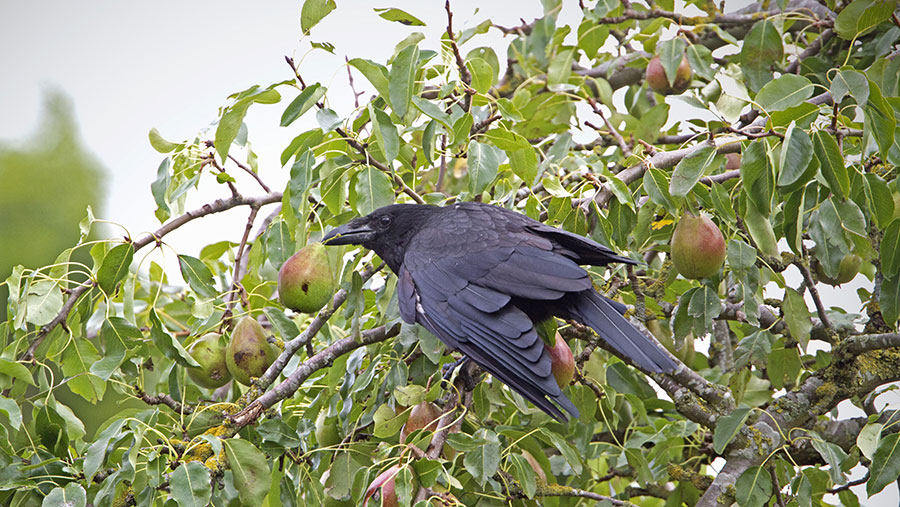General licences remain legal in Wales after court ruling
 © FLPA/Shutterstock
© FLPA/Shutterstock General licences that allow farmers in Wales to shoot bird “pest” species such as crows and woodpigeons remain legal following a High Court challenge by wildlife campaigners.
Campaign group Wild Justice had launched a legal challenge against Natural Resources Wales’ (NRW) three general licences – GL001, GL002 and GL004.
The licences allow farmers, landowners and gamekeepers to shoot species including carrion crow, magpie, jackdaw, jay, Canada goose, feral pigeon and woodpigeon, under the Wildlife and Countryside Act 1981, to prevent serious damage to livestock and crops.
See also: 2021 general licences issued for shooting pest bird species
Wild Justice, founded by Chris Packham, Ruth Tingay and Mark Avery, applied for a judicial review of the licences last January.
The grounds of the challenge centred around how NRW went about assessing whether there were other satisfactory solutions to killing the birds listed in the general licences, and whether NRW had sufficient evidence to justify derogating from the general prohibition on the killing of wild birds.
Court ruling
On Monday 18 January, the High Court in London ruled that NRW’s general licences to control wild birds should remain lawful. Where NRW is satisfied that there is no satisfactory non-lethal solution, lethal control methods can be authorised under licence.
In a statement, NRW said: “Today’s decision means that the three general licences [GL001, GL002 and GL004] which were subject to the legal challenge can continue to be used to control certain wild bird species.
“They are available for the purpose of preventing serious damage or disease to crops or livestock, protecting public health and conserving certain species of wild birds.”
The British Association for Shooting and Conservation said it had spent more than £140,000 from its newly-launched “Fighting Fund” to give shooting a voice in the legal challenge and to help Natural Resources Wales defend the case.
BASC’s Wales director Steve Griffiths said: “Wild Justice failed with all three legal points and, while there may be some minor technical points to consider, this judgement today is a resounding success for the rural community.”
Wild Justice said although the judge, Mr Justice Harman, did not rule the current licences as unlawful, his judgment “further limits the casual killing of birds under general licences”, which “has implications in other parts of the UK”.
For example, the judge ruled that carrion crows should only be killed under the general licence when they represent a “present danger” to species of conservation concern, such as curlews.
The judge ruled: “NRW accepts that the relevant licence (GL004) should be used only to kill crows during the months between egg laying and when the chicks are well grown, namely April to July, and only in those areas where curlews nest.”
Letter to Defra
Wild Justice said it would not appeal the court’s decision. But it has written to Defra for clarification whether it believes its own general licences can be used by farmers outside the breeding season.
Dr Avery of Wild Justice said: “We expect NRW to move very quickly to clarify their online general licences in line with this important judgment. Defra too should consider the wording of its general licences for England.”
* The 2021 general licences are on NRW’s website and can be downloaded for use. Anyone who intends to use lethal methods to control birds not covered by a general licence will still need to apply for a specific licence.
